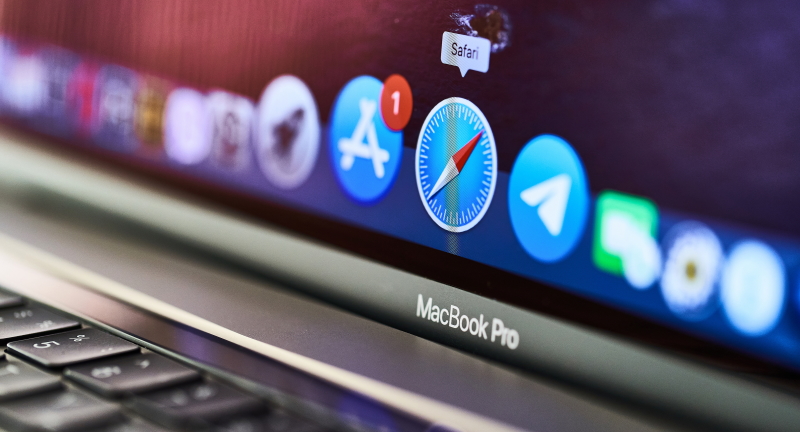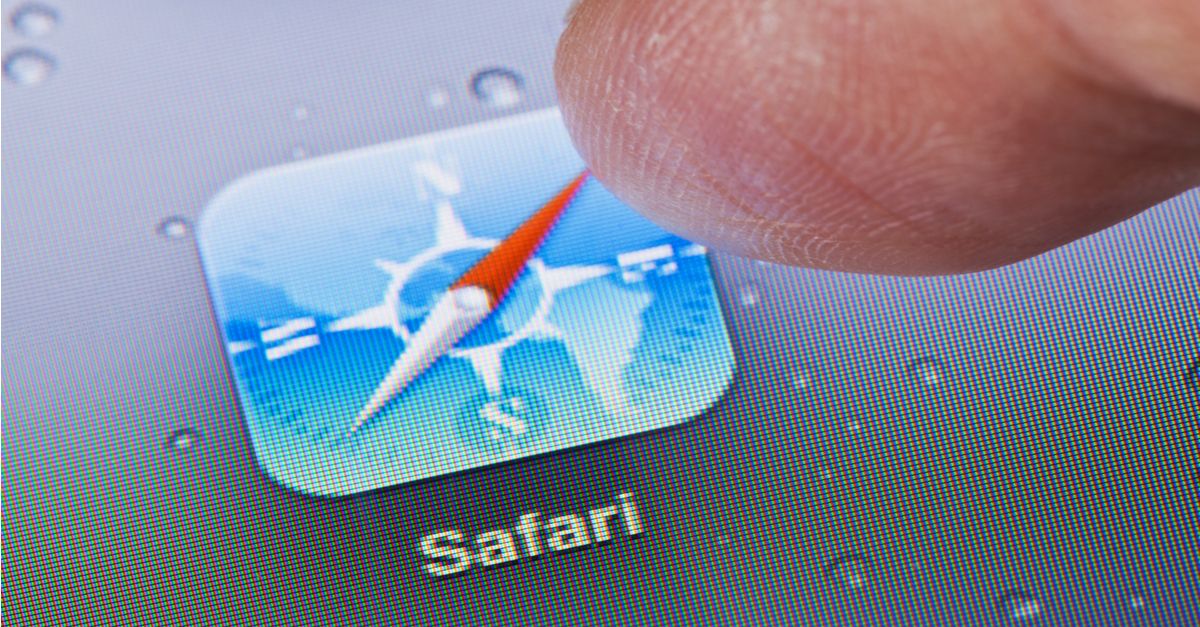Security News

Apple has released Safari 14, which features many functional improvements, a Privacy Report that shows all the trackers the browser has neutralized, and and does not support Adobe Flash anymore. Safari 14 sports a redesign of the tab bar, which now displays site favicons by default and previews of the contents of some pages, and a customizable start page.

Pl, has published a proof-of-concept exploit for stealing files from iOS and macOS devices via web application code that utilizes the Web Share API. The security flaw, which isn't too scary as it requires some user interaction, has not yet been repaired, though a patch is being worked on. The exploit involves getting someone to open in Safari a web page with a button that triggers the WebShareAPI in a way that launches native Mail or Gmail apps.

A security researcher disclosed details of an Apple Safari web browser security hole that could leak files with other browsers and applications and open the door to exploitation by attackers. The disclosure came only after Apple said it would delay patching the vulnerability for nearly a year.

A researcher has disclosed the details of an unpatched vulnerability in Apple's Safari web browser that can be exploited to steal files from a targeted user's system. The vulnerability is related to the Web Share API, which allows users to share links from Safari through third-party apps.

If Safari isn't your default Mac web browser, it should be when Apple releases macOS Big Sur. With macOS Big Sur improvements on the way, there's no doubt that Safari can handle responsibility.
During the pre-taped keynote at Apple's Worldwide Developers Conference, the company promised to pump up data protection even more with gobs of new features in its upcoming iOS 14, macOS Big Sur, and Safari releases. The big ones include the option for users to decline apps' ad tracking.

Independent security researcher Ryan Pickren has revealed how a malicious website could hack Apple's Safari browser on iOS and macOS to spy on the user through the computer's camera without prompting for permission. Apple fixed the issues with Safari 13.1, crediting Pickren for three bug reports in the patch release notes.

To exploit the flaws in a real-world attack, all an attacker would need to do is convince a victim to click one malicious link. Security researcher Ryan Pickren has revealed details on seven flaws in Safari, including three that could be used in a kill chain to access victims' webcams.

"The long wait is over," Apple WebKit engineer John Wilander announced on Tuesday: the latest update to the Safari browser is blocking third-party cookies by default for all users. We've added so many restrictions to ITP since its initial release in 2017 that we are now at a place where most third-party cookies are already blocked in Safari.

Apple this week announced that third-party cookies are now blocked by default in Safari on macOS, iOS and iPadOS. The feature represents the latest enhancement the Cupertino-based company brought to its Intelligent Tracking Prevention and is meant to improve the privacy of its users by removing previously accepted exceptions. Due to continuous improvements made to ITP, most third-party cookies were already blocked in Safari, but other browser makers are also moving toward blocking cookies by default, and Apple decided to make the final step before others.